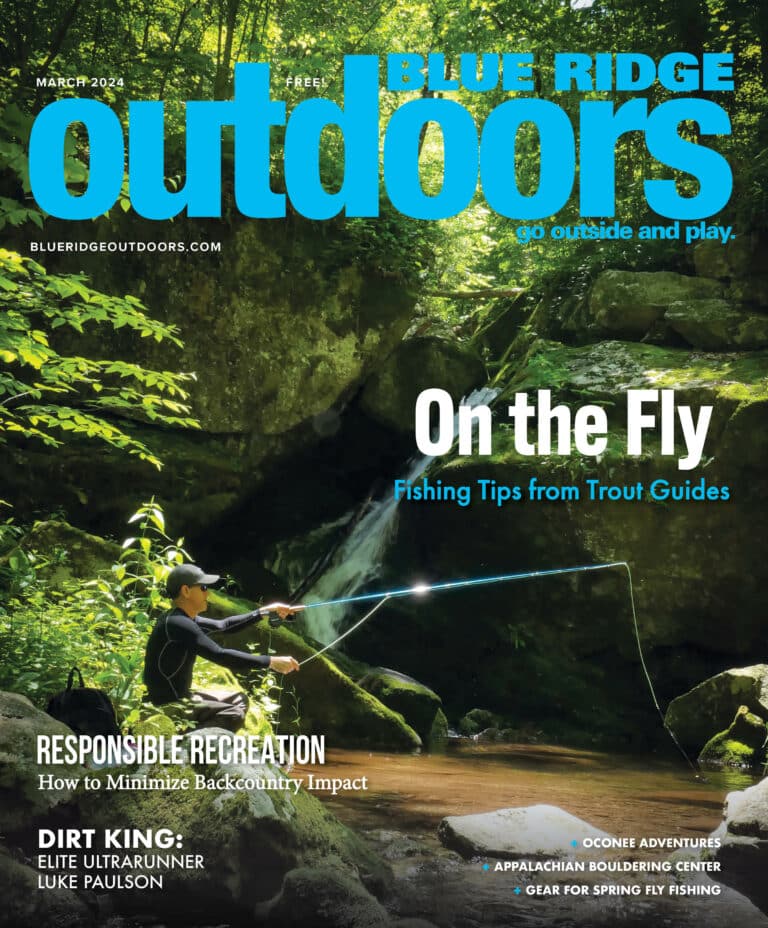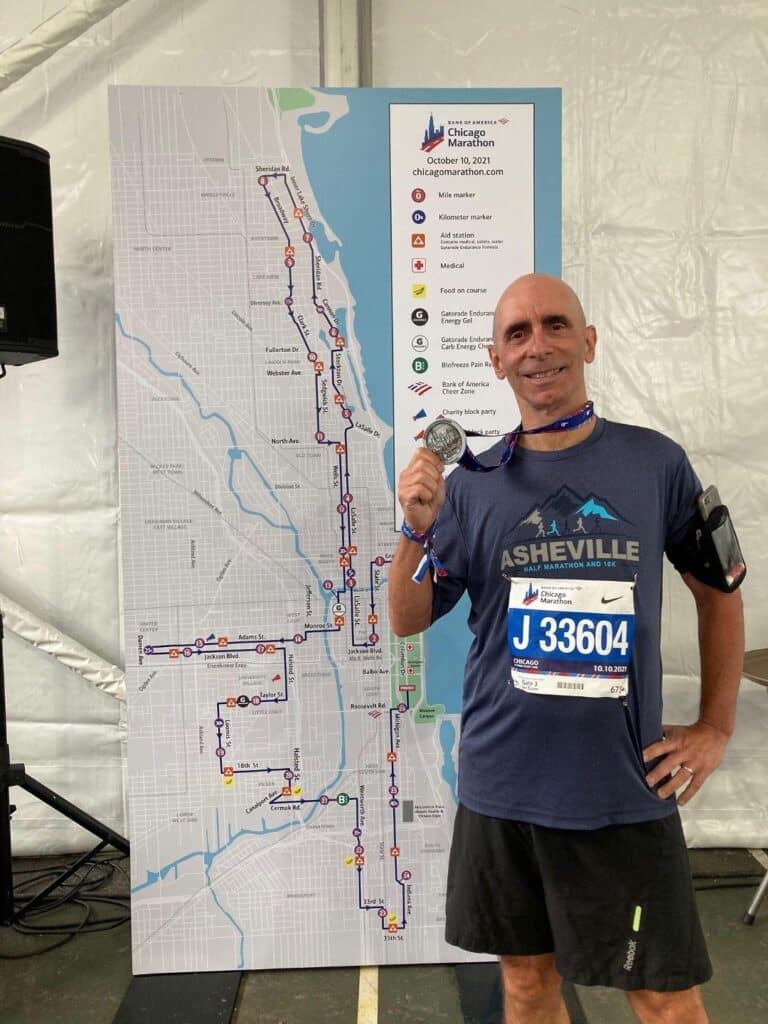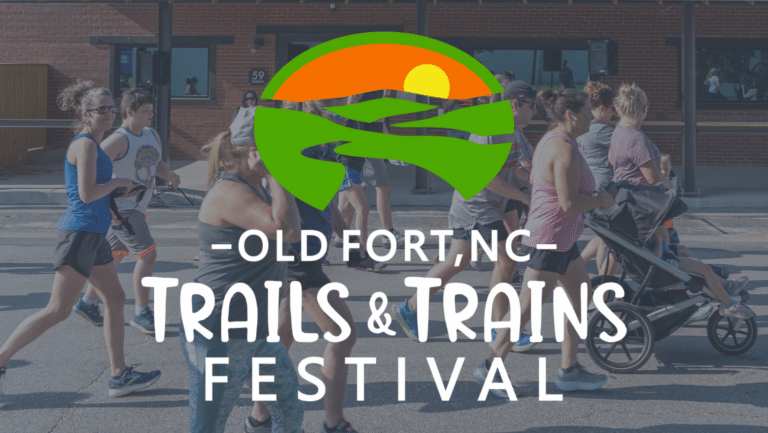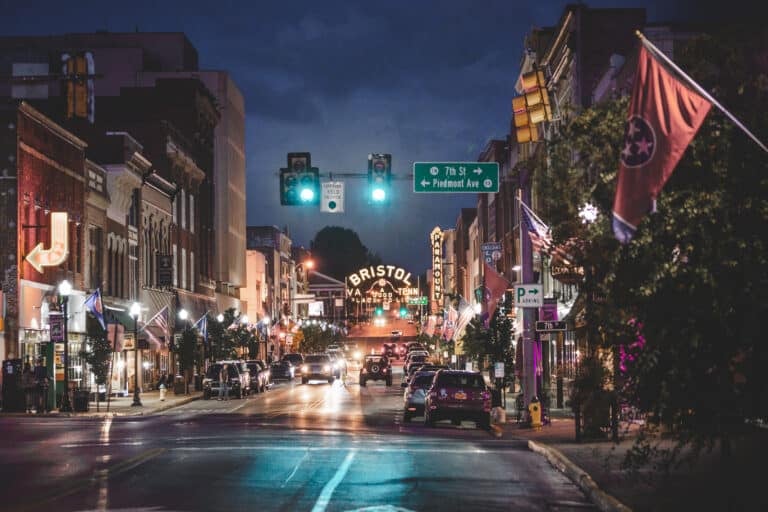Are performance-enhancing drugs necessary to compete at the professional level?
Yes: 19%
No approach beats practice. But with all the sophisticated medical equipment now designed to enhance performance, is that technological approach all that distinct from a chemical approach? It seems the obvious path ahead will incorporate the best medicines and technologies, and maybe we will get off this “drugs are bad” bugaboo. The main problem with chemicals today is that they are banned—therefore of dubious quality, poorly administered, and without adequate medical controls. It is always the dose—never the poison—that is the problem.
—Michael, via e-mail
No: 81%
As a certified athletic trainer, I have worked at every level: youth sports, high school, college, and the Olympics. I firmly believe naturally trained athletes can be just as competitive as those that use drugs. The issue is perception of a level playing field. Kids will start using these substances, not to get an edge, but because they have to catch up. The elimination of these practices will occur from good parenting and good coaching.
—Bill Griffin, Summerfield, N.C.
The question itself assumes that performance drugs are an acceptable means in achieving an end. That is a regrettable place to find ourselves. Having said that, if any person, pro or amateur, even ponders the use of such drugs, he or she has stepped beyond the bounds of true sportsmanship and allowed themselves to view sports in a perverted reality.
—Bradley Mead, Charlottesville, Va.

Should mountain bikes be allowed in national parks?
Yes: 75 %
Yes—but only in designated areas. A bike permit fee should be established for bike racks, signs, and road maintenance. It could be mutually beneficial for bikers and land managers, if done well.
—Todd Bryant, Austell, Ga.
Absolutely—as long as true mountain bike trails are built. Trail building has evolved into a scientific, ecologically friendly process to keep erosion to a minimum and fun to a maximum.
I’m a baby boomer who still enjoys a 30-mile singletrack ride, and who is planning some national park visits in the coming years. I think mountain bikes should be allowed in parks, so I can see more and get a ride in too. I also enjoy a good day of trail work. Years later, as you ride the section of trail you helped build, you enjoy it even more.
—Mark Hutchens, Burlington, N.C.
Mountain bikes are far less damaging to trails than horses, and bikers are historically more likely to pitch in and do their part building and maintaining trails.
—Kat, via e-mail
No: 25%
I love mountain biking, but riding on trails rips them up, especially in any kind of wet condition. It also disturbs wildlife more than hiking. Crashes happen—I have a current gash to prove it. Worst of all, it could open the doorway to debating dirt motorcycles. Our national parks are too precious. I’m happy to find somewhere else to ride, and I’ll stick with hiking and backpacking in parks.
—Rena, Charlottesville, Va.
Bikes are too fast, dangerous, and destructive for our crowded national parks. Bike clubs do trail maintenance, but it doesn’t come close to outweighing the negative impact they have on trails.
—Marty C., via e-mail
I have ridden mountain bikes for 30 years and visited parks my whole life. The one thing that separates the experience of a national park is the absolute raw grandeur and splendor of nature that overwhelms you. The only jolt to your senses is from an animal or the earth, wind, and weather. It is only right that one part of our lives should be left untouched by gears and enjoyed in the raw.
—Butch, Fairview, N.C.







